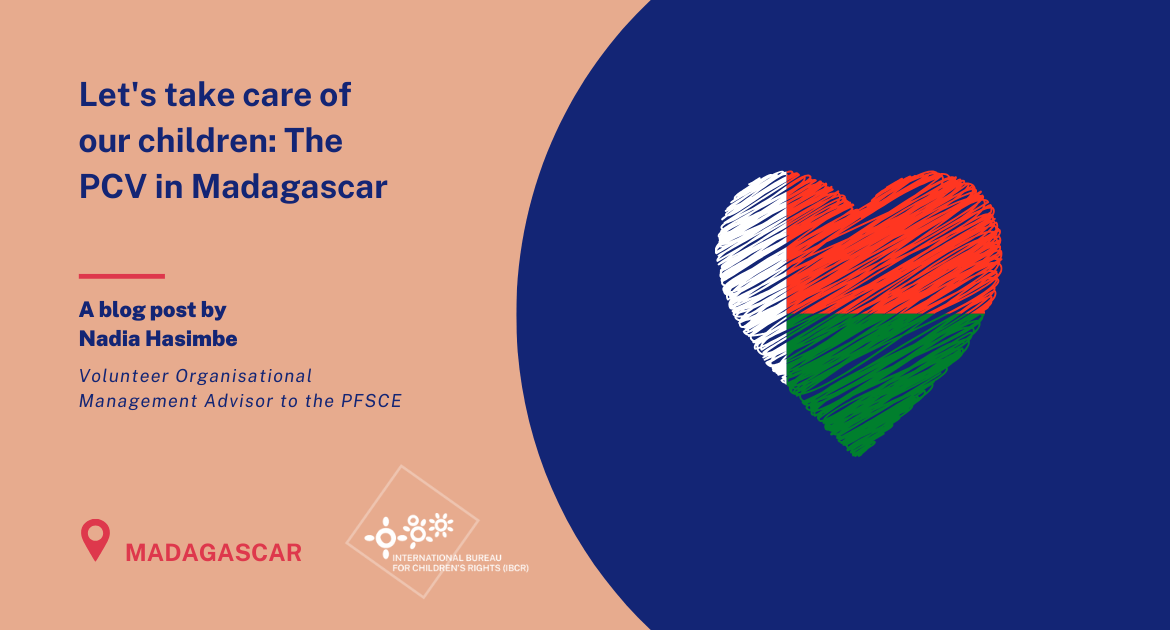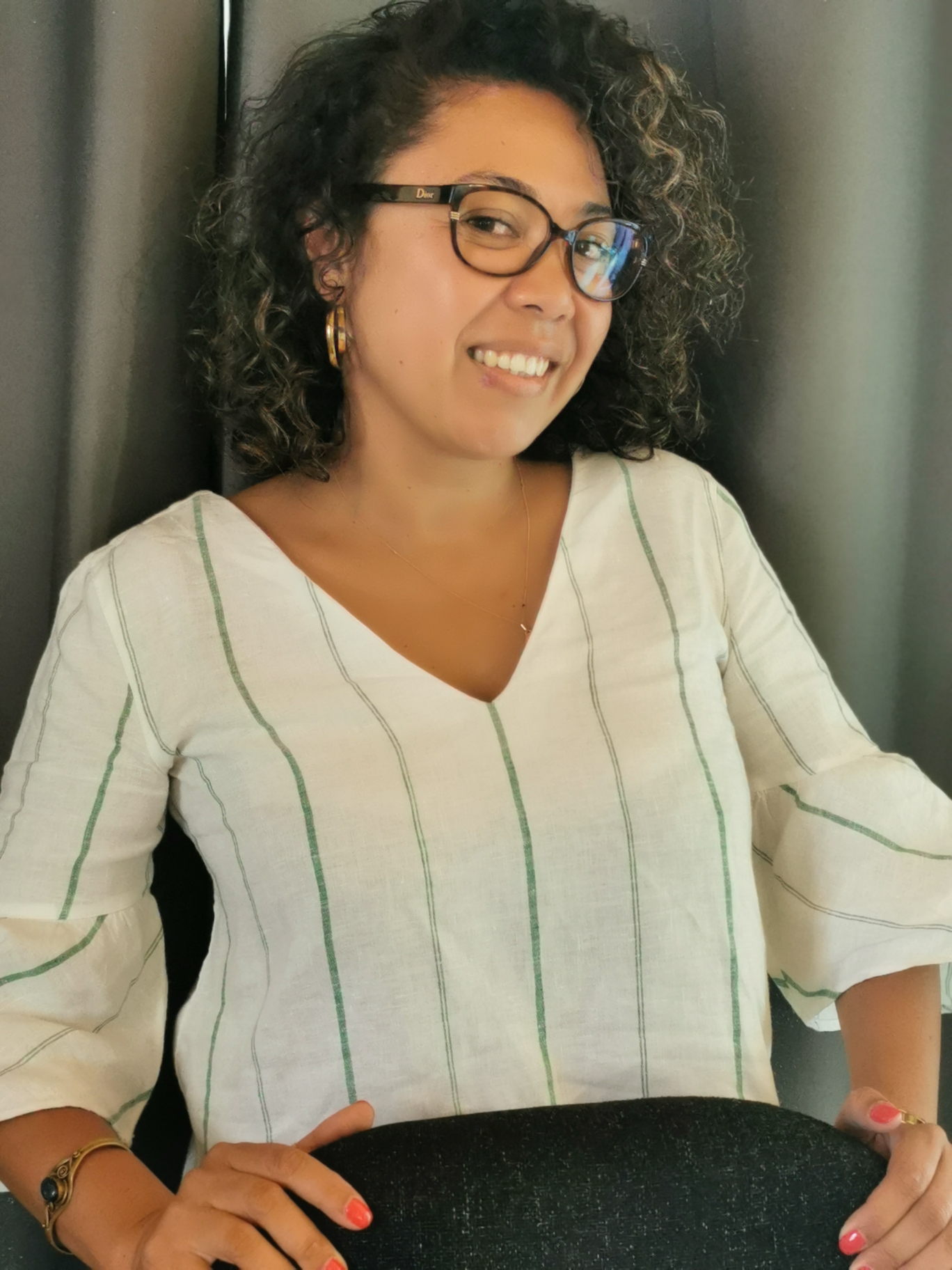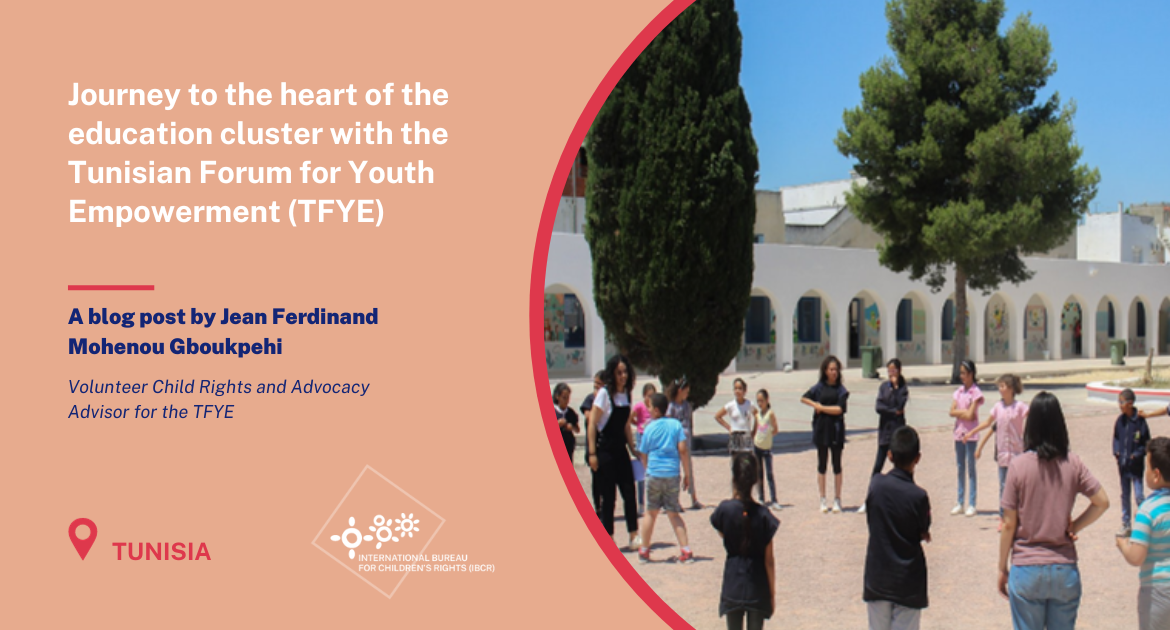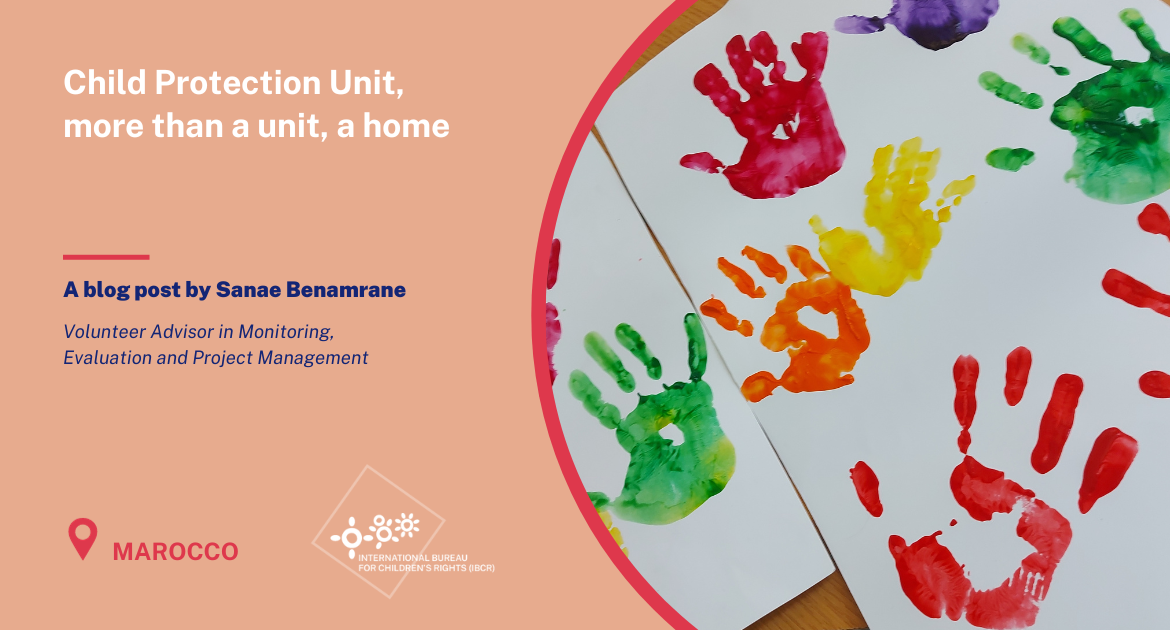"Miarahaba" means "I greet you" in Malagasy. It is with this same word that Lara Pocock, my fellow volunteer in Tunisia, shared her first impressions in her blog post. "Miarahaba" or "Marhaba" resonates with me, as it reminds me of the uniqueness of our humanity and certainly of our origins. It is funny and comforting at the same time that two such different cultures use the same word to greet. "We are all one" I hear myself say.
"Miarahaba anareo''. It is with this greeting that I introduce you to my daily life as an IBCR volunteer in Madagascar. It is in July 2020, after 11 years of trying to find out where the grass was the greenest, that I return to live in my country, this time accompanied by my little family.
11 years of absence may not be much, but it is enough to challenge oneself to readapt to one's culture of origin and to the country's ways of functioning. 11 years away also means a new economic reality: 75% of the population now lives below the international poverty line.[1]. In the capital and in urban areas, poverty is very much present and vulnerable populations are more exposed to economic and social difficulties following the disastrous consequences of the pandemic. The Covid-19 episode will undoubtedly have an impact on the rights of children in Madagascar. There are many children on the streets, commonly referred to as the "quat'mis", especially in the main areas of the city. Stories of child rape are widely reported and shared on social networks. In addition, child labour is also present: " Nearly a quarter of boys and girls aged between 5 and 17 have to earn money to help their families get by. Children work on vanilla plantations or in mines and quarries, sometimes risking their lives. They herd livestock, offer their services on the street, beg or work in private homes in slave-like conditions.»[2]
But it is not all doom and gloom. There is hope, and my mandate has allowed me to get to know these heroes and heroines of the shadows. Their are a lot of actors in the child protection network who work miracles with the little means at their disposal. IBCR's partner in Madagascar, The Platform of Civil Societys for Children (PFSCE) is a key player in the promotion and protection of children's rights in the Analamanga region. It brings together 52 associations, national and international organisations working in a wide variety of sectors such as education, care for street children or orphans, health, nutrition and the fight against child labour. These associations are federated under the banner of the PFSCE in order to unite their voices with political and state decision makers.
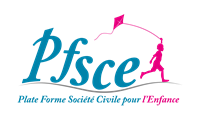
"KOLOY FA ZANATSIKA" (Let's take care of our children) is the leitmotiv of the PFSCE and it is with great pleasure that I make it my own, because it is important that we all assume our share of responsibility in protecting their rights. For my part, I join the mission of the IBCR and its PCV programme, which is to act for the rights of children, as close as possible to the communities. My mandate will consist of supporting and strengthening the capacities of the PFSCE so that it can continue to carry out its missions while being efficient in its actions. KOLOY FA ZANATSIKA echoes in me, reminding me of the uniqueness of our humanity, that of our origins, but also that of our future... Let's take care of our children, for it is to them that we will entrust the world of tomorrow.
[1] https://www.banquemondiale.org/fr/country/madagascar/overview#1
[2] https://www.unicef.ch/fr/notre-travail/programmes/protection-de-lenfant-madagascar
Are you interested in volunteering ?
Find out more about our open mandates
KEEP ME INFORMED OF UPCOMING VOLUNTEERING OPPORTUNITIES
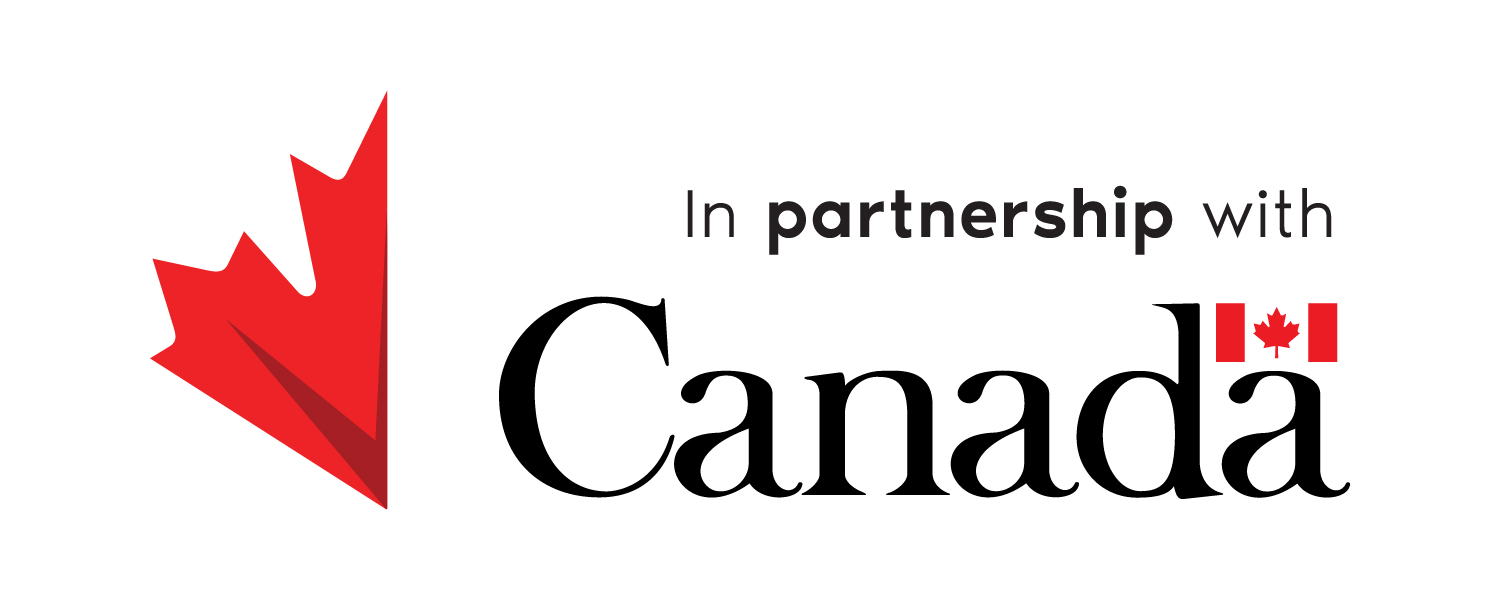
Volunteer cooperation program funded by Global Affairs Canada.






